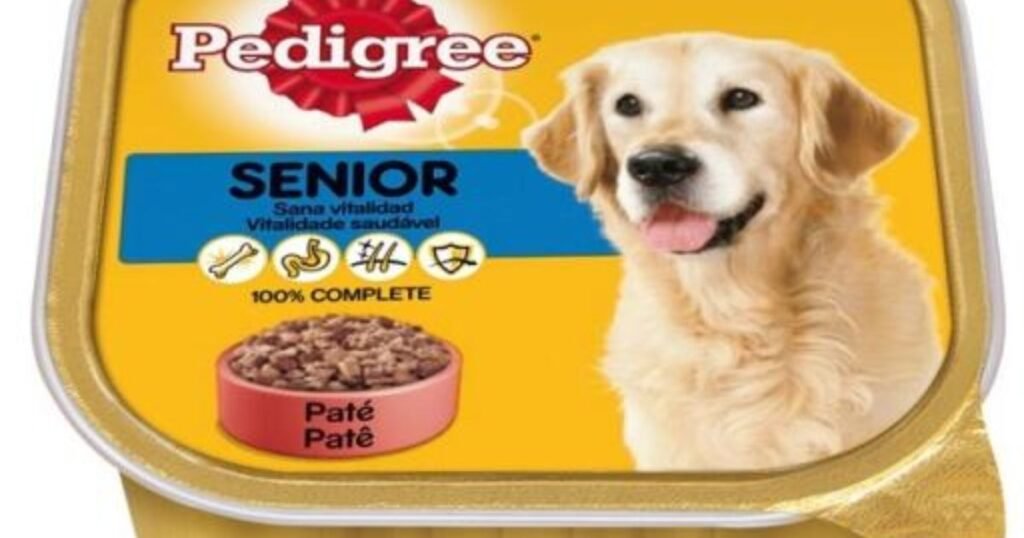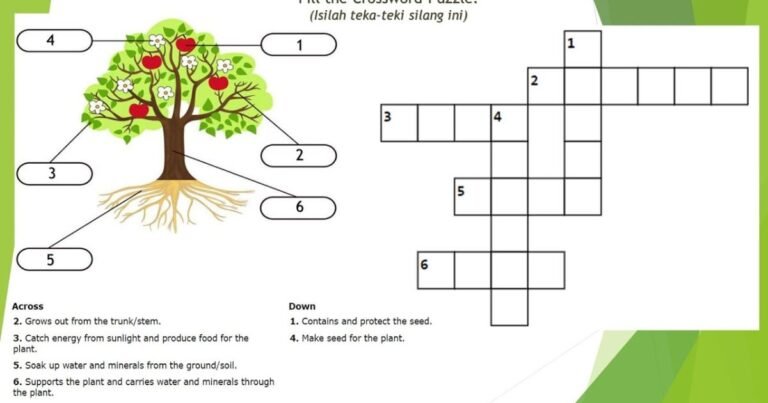
Choosing the right food helps older dogs stay active and happy longer.
When your dog starts aging, it’s not just about food. It’s about facing time, memory, and loyalty. As a pet parent, the choices you make now are psychological. You’re feeding more than a body you’re caring for a lifetime of love.
Senior dogs need specific support. Their metabolism slows down. Joints ache. Digestion gets tricky. And appetite? It shifts. But food is still a joy so the best dog food for senior dogs is comfortable. So the question is: How can we give them what they need without stealing what they love?
Let’s break it down, with clarity, compassion, and common sense.
How Old Is a “Senior Dog” and Why Does It Matter?
Age matters because your dog’s nutritional needs shift just like humans. Small breeds may be considered senior at 10, while larger breeds hit that stage around 7.
This matters for one reason: dog food for senior dogs isn’t a marketing gimmick. It’s targeted science.A senior dog’s diet must support cognitive health, joint care, digestion, and immune function all without unnecessary calories.
Signs Your Senior Dog Needs a Change in Diet
If you’re noticing these signs, it’s time to reassess your food choice:
- Loss of appetite or interest in food
- Gaining or losing weight suddenly
- Joint stiffness or difficulty moving
- Dull or flaky coat
- Trouble chewing dry kibble
These symptoms aren’t always medical—they’re nutritional red flags too. Older dogs need more easily digestible ingredients, fewer fillers, and added joint support supplements.
What Nutrients Should Be in Dog Food for Senior Dogs?
Let’s keep this clear and practical. The best food should include:
- High-quality protein (for muscle maintenance)
- Glucosamine and chondroitin (for joint support)
- Omega-3 fatty acids (for brain and coat health)
- Prebiotics & fiber (for digestion)
- Fewer calories (to manage weight gain)
These aren’t trends. They’re clinically backed essentials that align with EEAT: Expertise, Experience, Authoritativeness, and Trustworthiness.
What Is the Best Dog Food for Senior Dogs in 2025?
Here are five top-performing, vet-recommended options tailored for different needs:
Hill’s Science Diet Adult 7+
- Great for joint, heart, and kidney support.
- Trusted by vets worldwide.
Royal Canin Size Health Nutrition
- Offers breed-specific senior food.
- Soft kibble texture helps with dental issues.
Blue Buffalo Life Protection Senior
- Real meat as the first ingredient.
- Packed with antioxidants and essential nutrients.
Nutro Natural Choice Senior
- No artificial flavors or preservatives.
- High in omega-3 for brain function.
Wellness CORE Senior Grain-Free
- High protein, grain-free for sensitive dogs.
- Includes glucosamine and probiotics.
Pro Tip: Always consult your vet before switching foods especially if your dog has medical conditions.
Should You Use Wet or Dry Dog Food for Older Dogs?
Many owners don’t realize their dog’s eating style changes with age. Some dogs struggle with crunchy kibble due to dental wear, while others lose smell, reducing food appeal.
Consider this:
- Wet food: Softer, easier to chew, more aromatic.
- Dry food: Better for dental health, convenient, budget-friendly.
- Mixed feeding: Combines benefits of both.
Psychological Insight: Switching textures can stimulate appetite in senior dogs dealing with boredom or confusion.
Homemade Dog Food for Senior Dogs: Good or Bad?
Home-cooked meals seem more loving but they’re high-risk if not balanced. Most lack the precise vitamin and mineral levels dogs need.
If you must go homemade:
- Use vet-approved recipes
- Add essential supplements
- Stick to safe ingredients only
Or consider One Parish’s supportive dog community for ethical, conscious pet care.
Visit One Parish
Mistakes to Avoid When Choosing Senior Dog Food
Many owners fall into these traps:
- Buying based on brand name, not ingredients
- Ignoring weight gain signs
- Overfeeding because “he’s old and needs it”
- Sticking to puppy food “because he still likes it”
- Skipping joint support
These mistakes cost more than money; they cost your dog’s comfort. Be smarter. Choose with knowledge and intention.
Emotional Comfort vs Nutritional Needs: Striking the Balance
Let’s be honest. You feel guilty switching foods. You want to give your dog the same treats he’s always loved. But real love means knowing when to change. Senior dogs deserve food that works for their body today, not just memories of yesterday.
The right food gives back what time has taken energy, comfort, clarity. And you deserve peace of mind knowing you’re doing right by your best friend.Looking for a community that cares about animals and wellness?Visit One Parish for compassionate support and resourcesTo keep your senior dog’s kibble fresh and crunchy for longer, check out our guide on the Best Dog Food Bin to Keep Kibble Fresh.
Frequently Asked Questions
What is the healthiest food for senior dogs?
The healthiest food includes high-quality protein, glucosamine, omega-3s, and digestible fiber. Vet-recommended brands are safest.
When should I switch my dog to senior food?
Most dogs should transition to senior food between 7–10 years, depending on size and health. Consult your vet for timing.
Is grain-free dog food good for senior dogs?
Grain-free can help with allergies or sensitivities but isn’t always necessary. Balance is key, not just removing grains.
How much food should a senior dog eat per day?
Feeding amounts depend on weight, breed, and activity. Most senior dogs need fewer calories than younger dogs.



